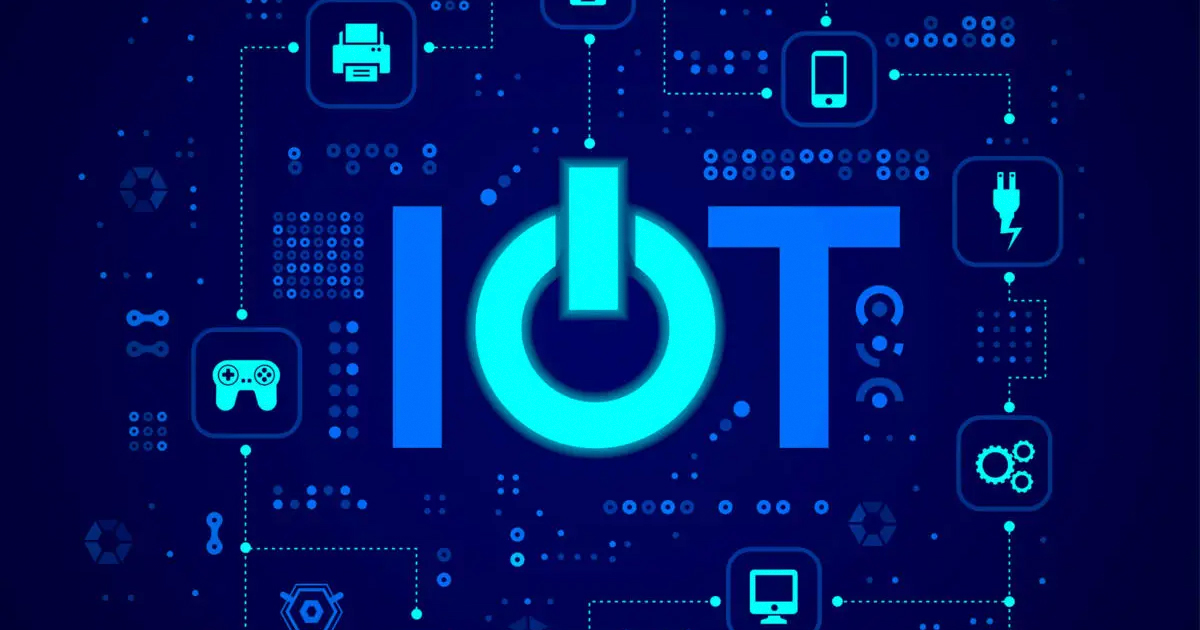The Internet of Things (IoT) is revolutionizing the way we live and interact with the world around us. From smart homes to connected cars, IoT is transforming various aspects of our lives. In this blog post, we’ll explore the technology behind IoT, its ethical and policy implications, and its impact on society and various industries. Get ready to delve into the fascinating world of IoT, and don’t forget to share your thoughts in the comments section below!
IoT Technology
Sensors and Actuators: The Building Blocks of IoT
Sensors and actuators play a crucial role in IoT by collecting data and interacting with the physical world. For instance, sensors in a smart thermostat monitor temperature and humidity, while actuators adjust heating or cooling systems accordingly.
Connectivity and Protocols: The Glue that Holds IoT Together
IoT devices rely on various connectivity options, such as Wi-Fi, Bluetooth, cellular, and satellite, to communicate with each other. IoT-specific protocols, like MQTT, CoAP, and Zigbee, enable seamless communication between devices.
Ethical Considerations
Privacy and Data Protection: Striking the Right Balance
As IoT devices collect vast amounts of personal data, concerns about privacy and data protection arise. It’s essential for IoT service providers to prioritize user privacy by implementing robust data protection measures, and users must be aware of the risks and benefits associated with IoT adoption.
Security and Cyber Threats: Securing the IoT Ecosystem
IoT security is paramount, as cyber threats can compromise the entire ecosystem. Manufacturers and service providers must prioritize security in the design and development stages, while users need to be vigilant about potential vulnerabilities and take necessary precautions.
Environmental Impact: The Hidden Costs of IoT
IoT devices consume energy and produce electronic waste. To minimize the environmental impact, companies should focus on designing energy-efficient devices and promoting sustainable practices, such as recycling and proper disposal of electronic waste.
Policy Implications
Regulatory Frameworks: Setting the Rules for IoT
Governments worldwide need to establish regulatory frameworks to address IoT’s unique challenges, including data protection, security, and environmental concerns. This ensures a safe and responsible IoT ecosystem.
Standardisation: Bridging the IoT Divide
Standardization is essential to ensure interoperability and compatibility between IoT devices. Industry stakeholders must work together to develop and adopt universal standards that facilitate seamless communication and data exchange within the IoT ecosystem.
International Cooperation: Collaborating for a Better IoT Future
IoT transcends national boundaries, making international cooperation crucial for addressing global challenges. Governments, industry leaders, and international organizations must collaborate to create a safer, more equitable, and sustainable IoT ecosystem.
IoT Impact on Society
Smart Cities: Revolutionising Urban Living
IoT is transforming urban living by enabling smart cities that optimize energy consumption, transportation, and waste management. Through the use of IoT-enabled devices, cities can become more efficient, sustainable, and responsive to the needs of their residents.
Healthcare: Personalising Medical Care
IoT is revolutionizing healthcare by facilitating remote monitoring, telemedicine, and personalized treatment plans. By harnessing the power of IoT, healthcare providers can offer more tailored care and improve health outcomes.
Agriculture: Feeding the World Sustainably
IoT is reshaping agriculture through precision farming techniques, which optimize resource utilization and increase crop yields. IoT-enabled devices can help farmers monitor soil conditions, weather patterns, and crop health, leading to more sustainable agricultural practices.
Transportation: Driving the Future of Mobility
IoT is redefining transportation by enabling connected vehicles, intelligent traffic management systems, and autonomous vehicles. By leveraging IoT technology, the transportation industry can enhance safety, efficiency, and sustainability, ultimately shaping the future of mobility.
Summary
The Internet of Things is an exciting and transformative technology that’s reshaping our world. From smart cities to personalized healthcare, IoT’s impact is felt across various sectors. However, it’s essential to address ethical considerations, policy implications, and potential challenges to ensure a safe, sustainable, and equitable IoT ecosystem.
We hope this blog post has provided you with valuable insights into the world of IoT. If you have any questions or thoughts, feel free to share them in the comments section below. Don’t forget to share this article with your friends and followers to spread the word about the fascinating world of IoT!
